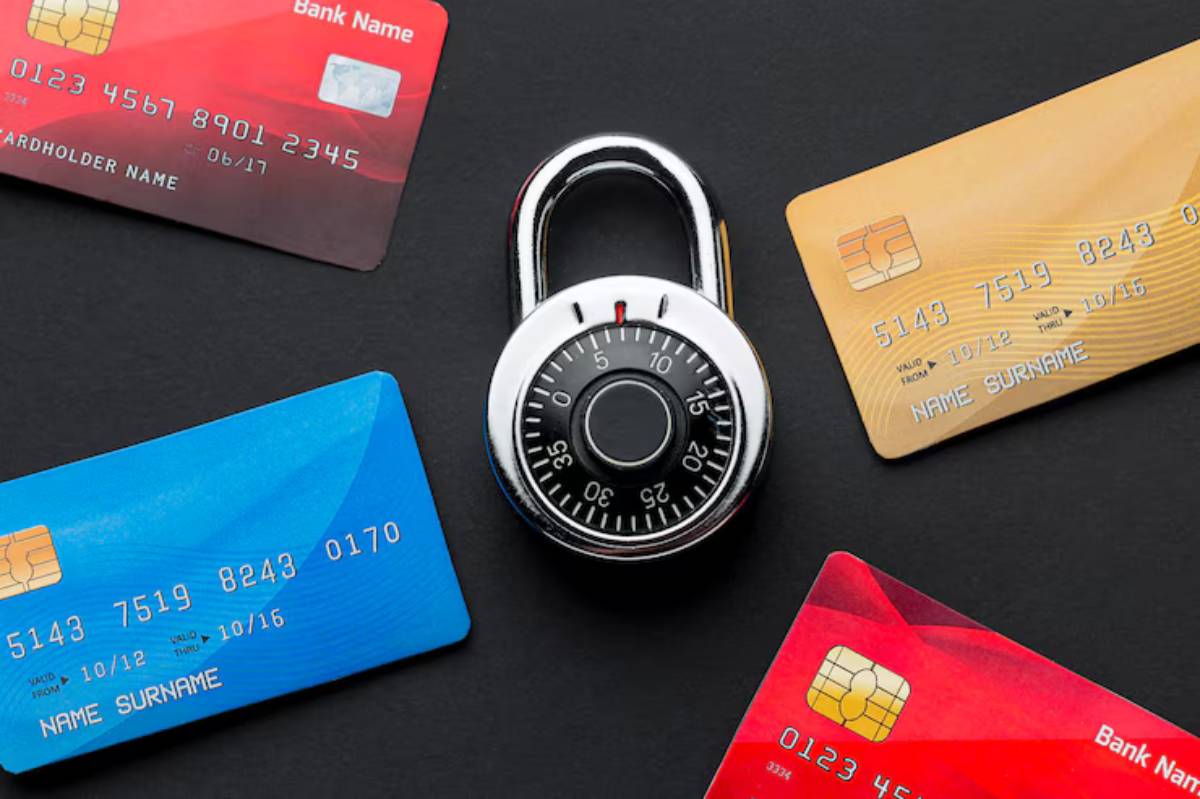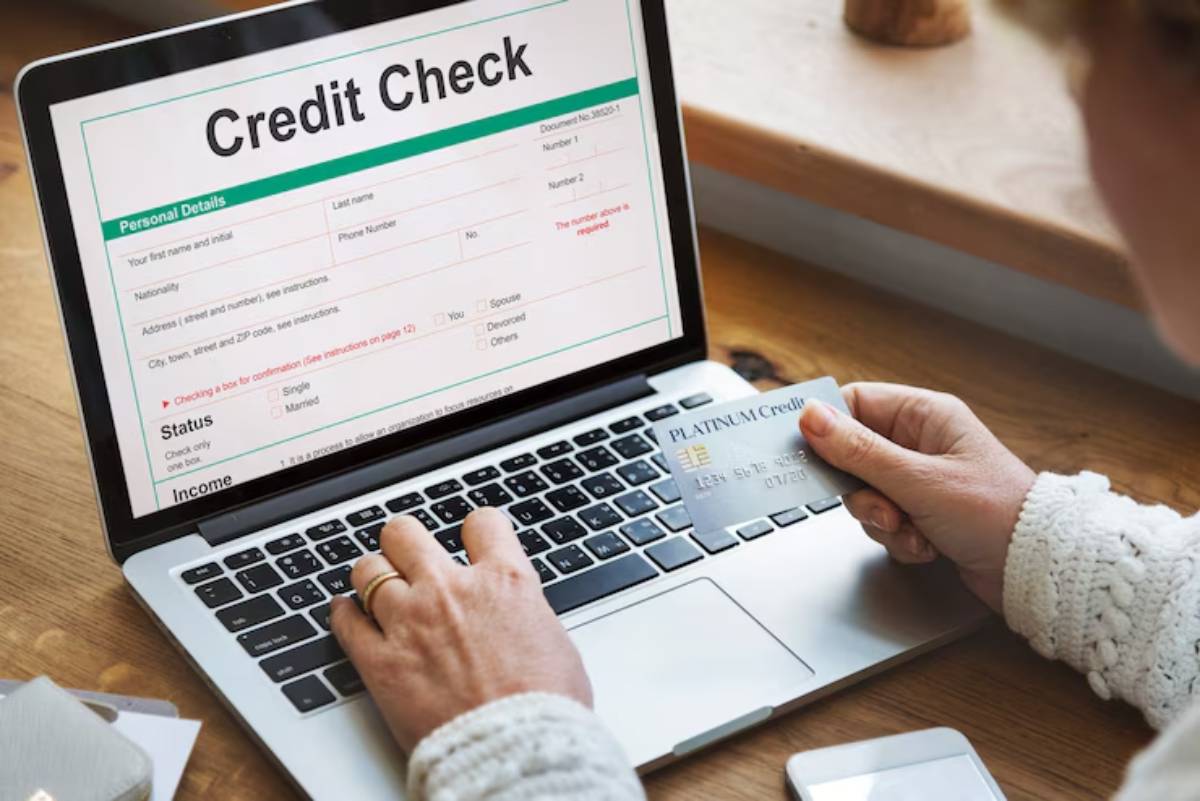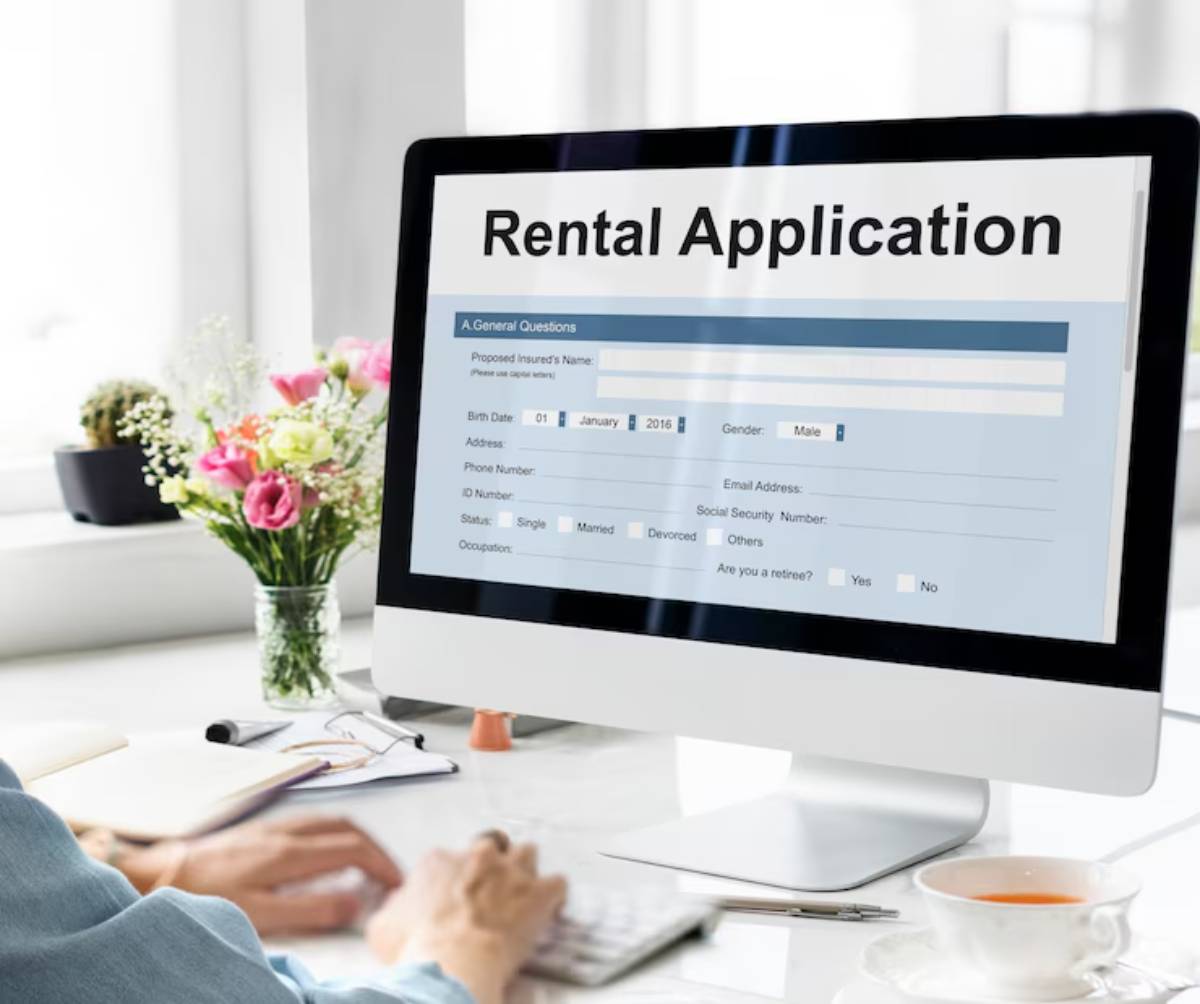
Building Credit for Renting an Apartment
Moving into your own place is a big step. It’s exciting — but it also comes with paperwork, background checks, and one thing many first-time renters don’t expect: a credit check.
That’s right — landlords often look at your credit history before they approve your rental application. Why? Because it helps them decide if you’re likely to pay rent on time.
If you’re worried about your score — or have no credit yet — don’t stress. This guide will show you how to build credit for renting, improve your tenant credit, and increase your chances of lease approval without overcomplicating the process.
Why Credit Matters When You Rent
Landlords use credit checks to look for signs of:
- On-time payments
- Low debt
- Responsible borrowing
- No recent defaults or collections
They don’t just care about your score — they care about your habits. A good credit history shows that you can be trusted to pay rent on time every month.
What Is Tenant Credit?
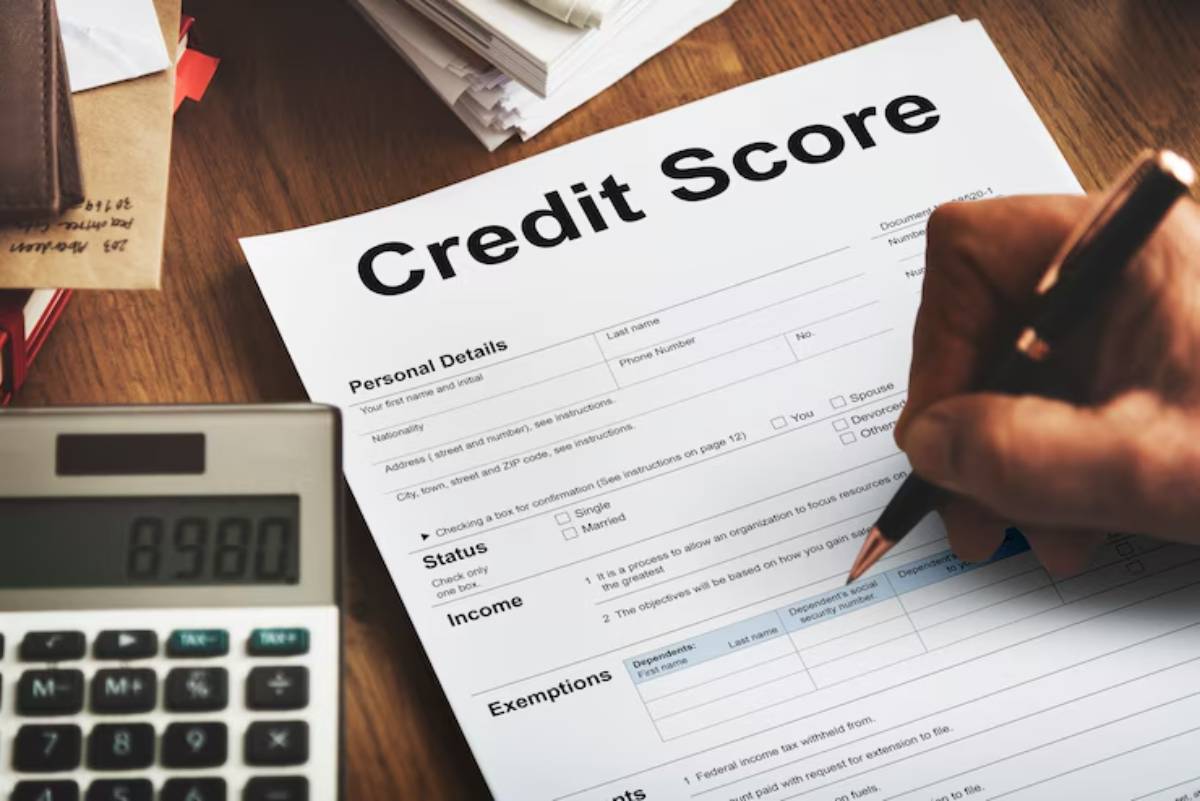
Tenant credit refers to the credit information landlords use to screen potential renters. This usually includes:
- Your credit score
- Your credit report (from Experian, Equifax, or TransUnion)
- Any recent late payments or defaults
- Credit usage and account types
A credit score of 620 or higher is often enough for standard rentals, but each landlord or letting agency may have different requirements.
Can You Rent with No Credit?
Yes, but it may be harder. Without a credit history, landlords have no way to predict how you’ll handle payments.
If this is your situation, you may need:
- A guarantor or co-signer
- A larger deposit
- Proof of steady income
- Positive references
Still, it’s better to start building credit now — even if you’re not planning to move just yet.
Want more smart financial tips? Check out Budgeting to Support Credit Building.
How to Build Credit for Renting
If your goal is lease approval, here are the most effective ways to build your credit profile as a renter.
1. Use a Secured Credit Card
A secured credit card is ideal if you’re starting from scratch. You pay a deposit (which acts as your limit), and the card reports your activity to credit bureaus.
Use it for small purchases and pay the balance off in full each month. Over time, this builds your credit score.
2. Pay Bills On Time, Every Time
Late payments on credit cards, phone bills, or personal loans can lower your score and show up on your report.
Set reminders or automate payments to stay on track.
3. Keep Your Credit Utilisation Low
This means using only a small portion of your available credit. Try to stay below 30% of your credit limit — and below 10% if you want your score to rise faster.
4. Become an Authorised User
If someone you trust has good credit, ask if they’ll add you to their card. Their positive history can give your score a quick boost — and you don’t need to use the card yourself.
5. Check Your Credit Report Regularly
You can check your report for free using ClearScore (Equifax), Credit Karma (TransUnion), or Experian. Look for errors or outdated information and dispute anything that doesn’t belong.
Extra Credit-Building Tips for Renters
Looking for more ways to grow your score? Try these renter-friendly tools.
Report Your Rent Payments
Normally, rent payments don’t affect your credit. But services like:
- Experian Boost (UK and US)
- CreditLadder (UK)
- RentTrack (US)
…can help you report rent to credit bureaus.
If your landlord agrees, this is an easy way to build credit for renting — just by doing what you already do.
Use a Credit-Builder Loan
These small loans (available from credit unions and online lenders) let you pay monthly and receive the money at the end of the term. Your payments are reported to credit agencies — helping improve your score.
Avoid Hard Inquiries
Too many credit checks in a short time can lower your score slightly. If you’re applying for multiple flats, try to keep all applications within a 14-day window — credit scoring models group them together.
Strengthen a Rental Application (Even with Limited Credit)
If your credit isn’t perfect yet, don’t worry. You can still make your application stand out.
Show Proof of Income
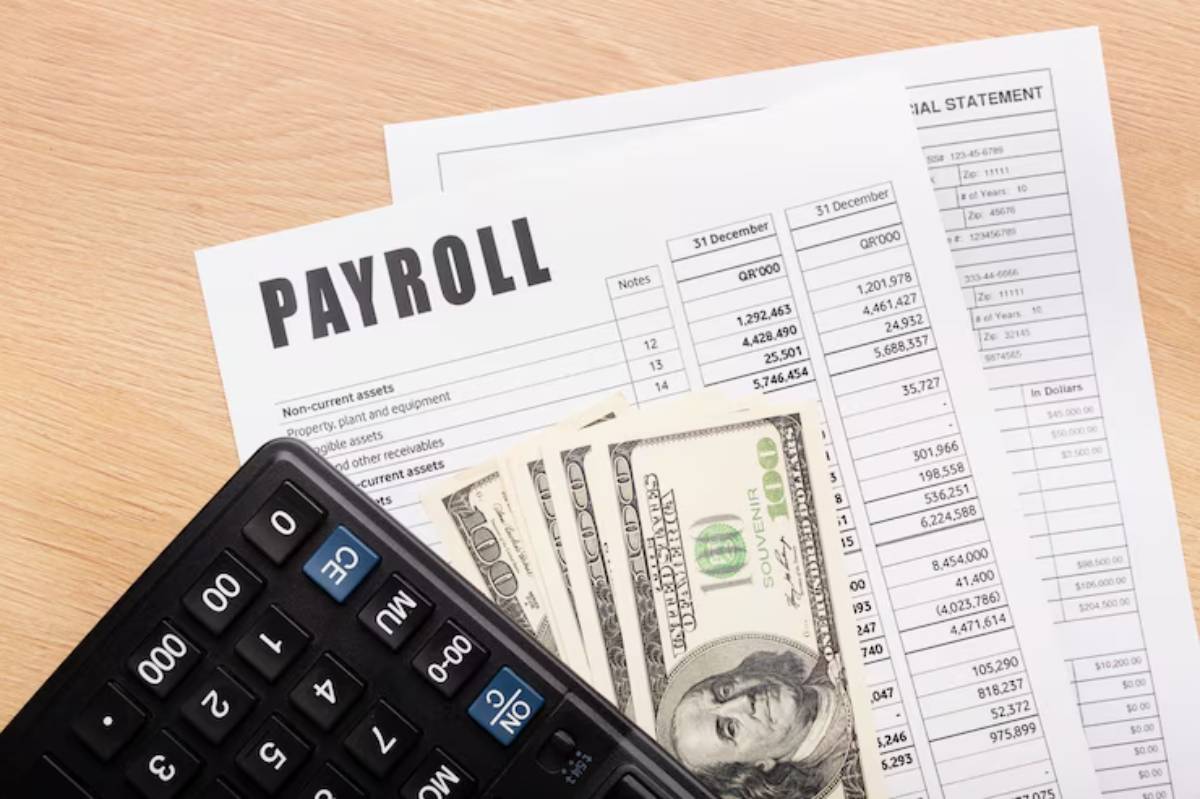
Bank statements, payslips, or a letter from your employer can help show that you can afford the rent.
Offer a Guarantor
A guarantor (usually a parent or relative) agrees to pay the rent if you can’t. This reduces risk for the landlord.
Provide References
Past landlords or employers can vouch for your reliability — even if you haven’t rented before.
Pay More Up Front
Offering a larger deposit or several months of rent in advance shows you’re serious and financially prepared.
Red Flags Landlords Watch For
Here are some things that may worry a landlord reviewing your tenant credit:
- Multiple recent late payments
- Maxed-out credit cards
- Debt collection entries
- Frequent address changes without explanation
- No credit history at all
If you spot any of these on your report, work on resolving them before you apply — or be ready to explain them.
When Should You Start Building Credit?
The sooner, the better. Ideally, start 3 to 6 months before you plan to apply for a flat.
Why? Because credit scores take time to build, and credit reports don’t update overnight. Consistent habits over time will lead to better results.
Prepare for Lease Approval with Confidence
Building credit for renting is one of the smartest things you can do if you’re preparing to live independently. A solid tenant credit history doesn’t just help with lease approval — it also gives you more choices, better rental terms, and peace of mind.
With smart planning, a little patience, and the right tools, you’ll be ready to sign that lease with confidence — no co-signer required.
Want more smart financial tips? Check out Timely Bill Payments and Credit Health.

